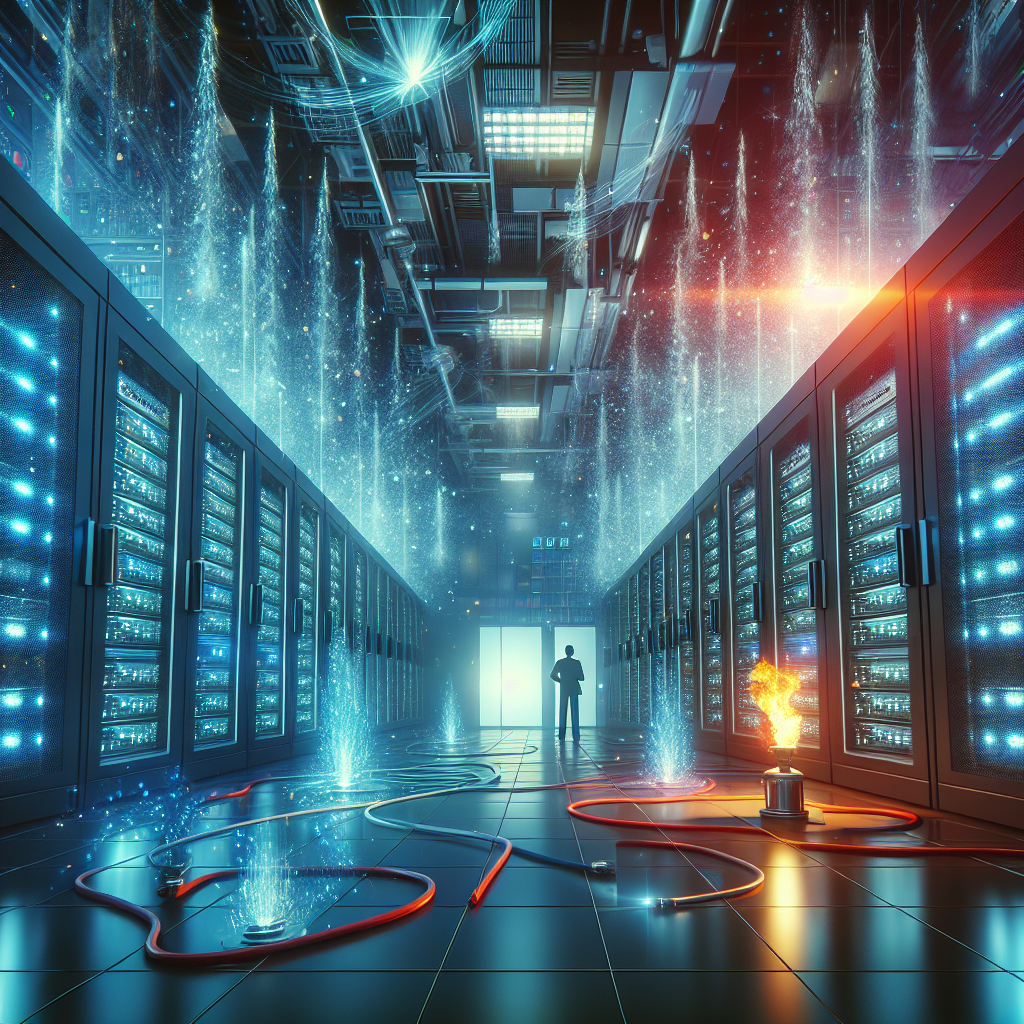In today’s technology-driven world, data centers play a crucial role in the operations of businesses of all sizes. These facilities house the servers and networking equipment that store and process vast amounts of data, making them essential for the day-to-day operations of many organizations. As such, ensuring the continuity of operations in data centers is of utmost importance.
One of the key threats to the continuity of business operations in data centers is the risk of fire. Fires can result from a variety of factors, including electrical faults, overheating equipment, or human error. When a fire breaks out in a data center, the consequences can be catastrophic, resulting in data loss, downtime, and potentially even financial losses.
To mitigate the risk of fires in data centers, it is crucial to have robust fire suppression systems in place. These systems are designed to detect and suppress fires quickly and effectively, minimizing the damage caused and allowing operations to resume as soon as possible.
There are several types of fire suppression systems that are commonly used in data centers, including traditional water-based systems, gaseous suppression systems, and inert gas systems. Each type of system has its own advantages and disadvantages, and the choice of system will depend on factors such as the size and layout of the data center, the types of equipment housed within it, and the budget available.
Water-based fire suppression systems, such as sprinkler systems, are one of the most common types of fire suppression systems used in data centers. These systems work by releasing water onto the fire to extinguish it. While effective, water-based systems can also cause damage to sensitive equipment and may not be suitable for all types of data centers.
Gaseous suppression systems, on the other hand, work by releasing a gas (such as FM200 or Novec) into the data center to suppress the fire. These systems are effective at extinguishing fires quickly and without causing damage to equipment. However, they can be expensive to install and maintain.
Inert gas suppression systems, such as Argonite or Inergen, work by displacing oxygen in the data center to extinguish the fire. These systems are environmentally friendly and safe for use in occupied spaces. However, they can be costly to install and may not be suitable for all data center environments.
Regardless of the type of fire suppression system used, it is important to regularly inspect and maintain the system to ensure it is in proper working order. Regular testing and maintenance of fire suppression systems can help to identify any issues before they become a problem and ensure that the system will work effectively in the event of a fire.
In conclusion, fire suppression systems play a crucial role in ensuring the continuity of business operations in data centers. By investing in the right type of fire suppression system and ensuring it is properly maintained, businesses can minimize the risk of fire-related downtime and protect their valuable data and equipment.火灾扑灭系统在数据中心中的作用


Leave a Reply